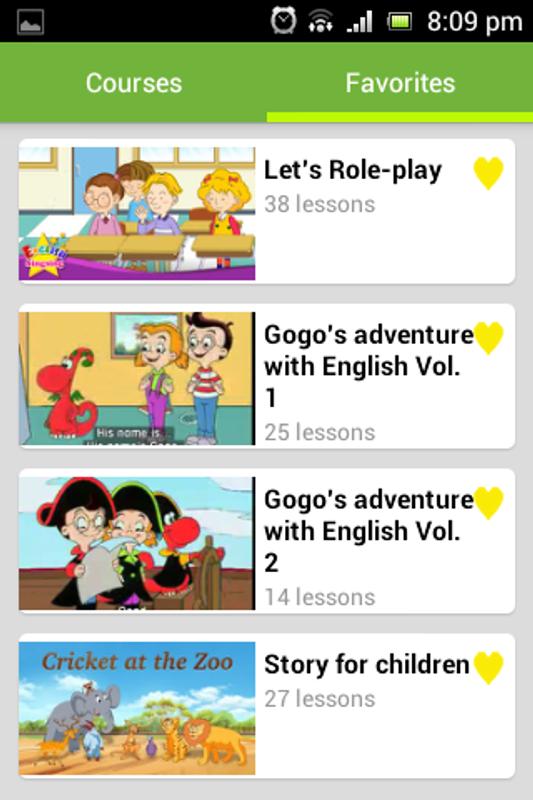

Firstly, it explores the extent to which materials designed for language learning reflect authentic spoken language. After a review of the definitions and debates described above, the chapter moves on to a focus on authentic materials from spoken texts, exploring studies which have sought to investigate materials in three main ways. If, for example, a learner reads a news story in class in the same way as they might in their own time by choosing it themselves and perhaps by then asking a friend if they have read it, that could be considered an authentic use of material. the manner in which they interact with it. The discussion will centre on the idea that for some researchers 'authentic' can be defined by the nature of the material itself while for others authenticity is connected to how a learner 'experiences' material i.e. This chapter aims to explore the notion of authenticity in relation to materials and show how the term has been discussed from the beginnings of Communicative Language Teaching (CLT) until the present day. In doing so, an expanded concept of MFI will be developed and the implications of this framework will be for the developing or adapting meaning-focused language materials.

More specifically, this framework is aimed to embed the MFI literature in a larger framework. For doing so, an attempt will be made to draw on the literature on MFI, social constructivism, critical pedagogy, language ecology and critical discourse analysis (CDA).

Given this gap in the literature, this chapter aims to propose a framework for meaning-focused materials development by analyzing the current literature of meaning-focused instruction (MFI) as well as by exploring the ways in which it may be embedded within a critical constructivist perspective. All the same, language materials developers have mostly drawn on dominant approaches to materials development (see Tomlinson, 2011), leaving out critical approaches to language education (Pennycook, 1999). In the same vein, Widdowson (2000) argued that applied linguistics should operate within a critical and objectivist framework. He further stated that “the nature of second language education, however, requires us to understand our educational practice in broader social, cultural, and political terms, and it is to critical pedagogy that I think we could most profitably turn” (p. Before the beginning of the third millennium, Pennycook (1999) called for the need for the reconsideration of social, cultural, and political aspects of language acquisition, with a focus on gender, power, race, as well as multiplicity and situatedness of the subject.


 0 kommentar(er)
0 kommentar(er)
